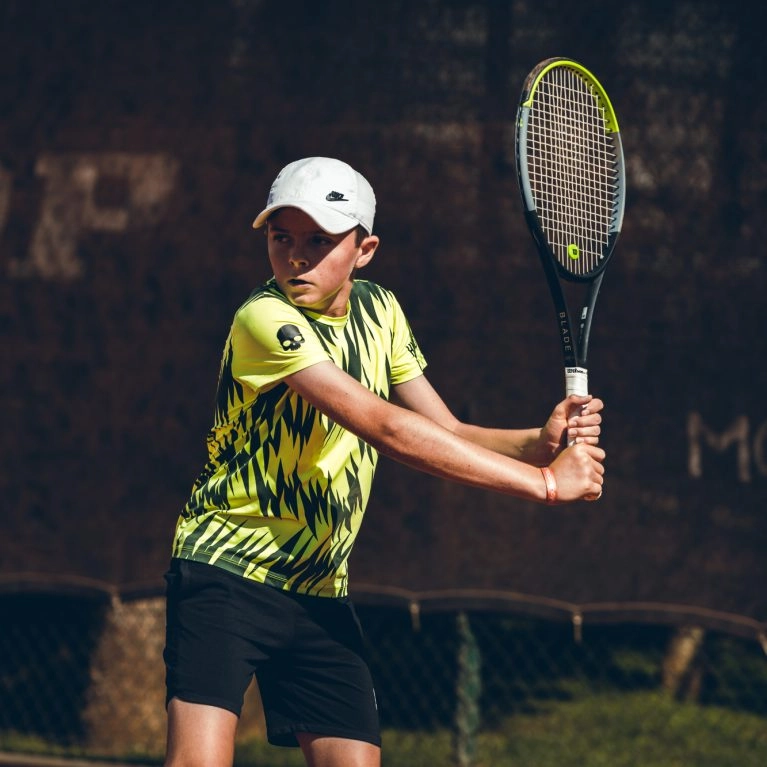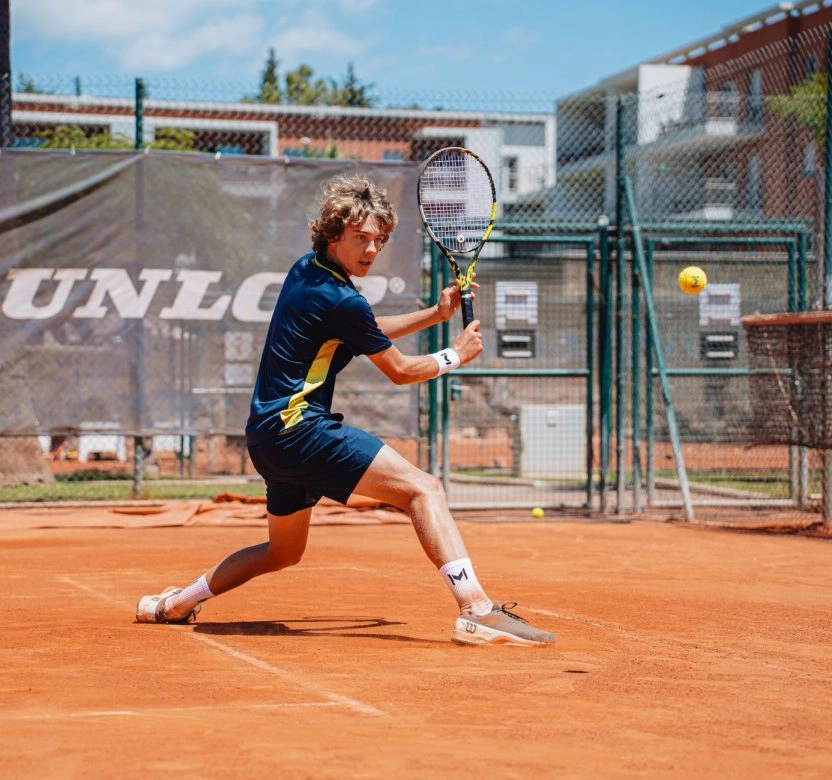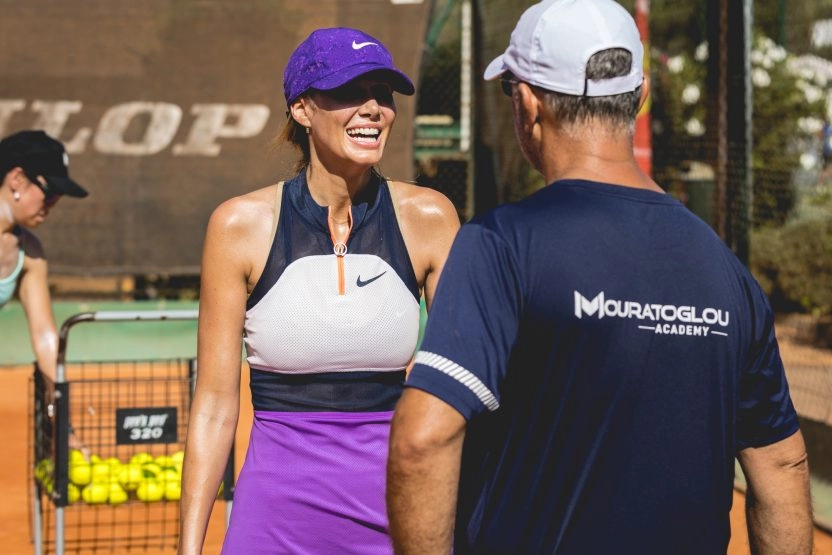Relaxation and breathing techniques
Breathing and relaxation are key tools for building confidence before and during a competition:
Deep breathing: Before a competition, practise abdominal breathing to calm your mind and relax your muscles.
Relaxation techniques: Use progressive relaxation techniques, releasing each muscle group to relax and stay focused.












